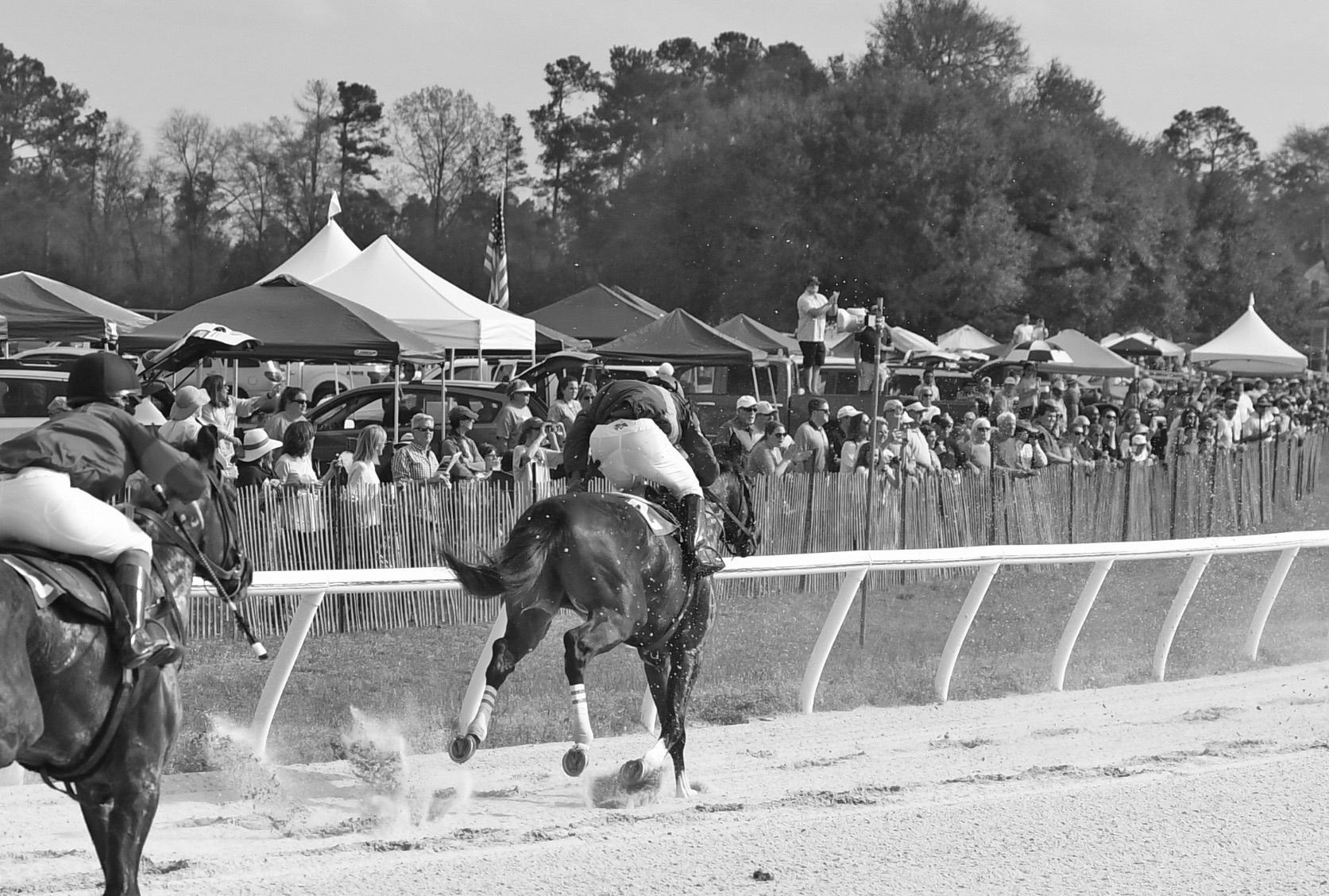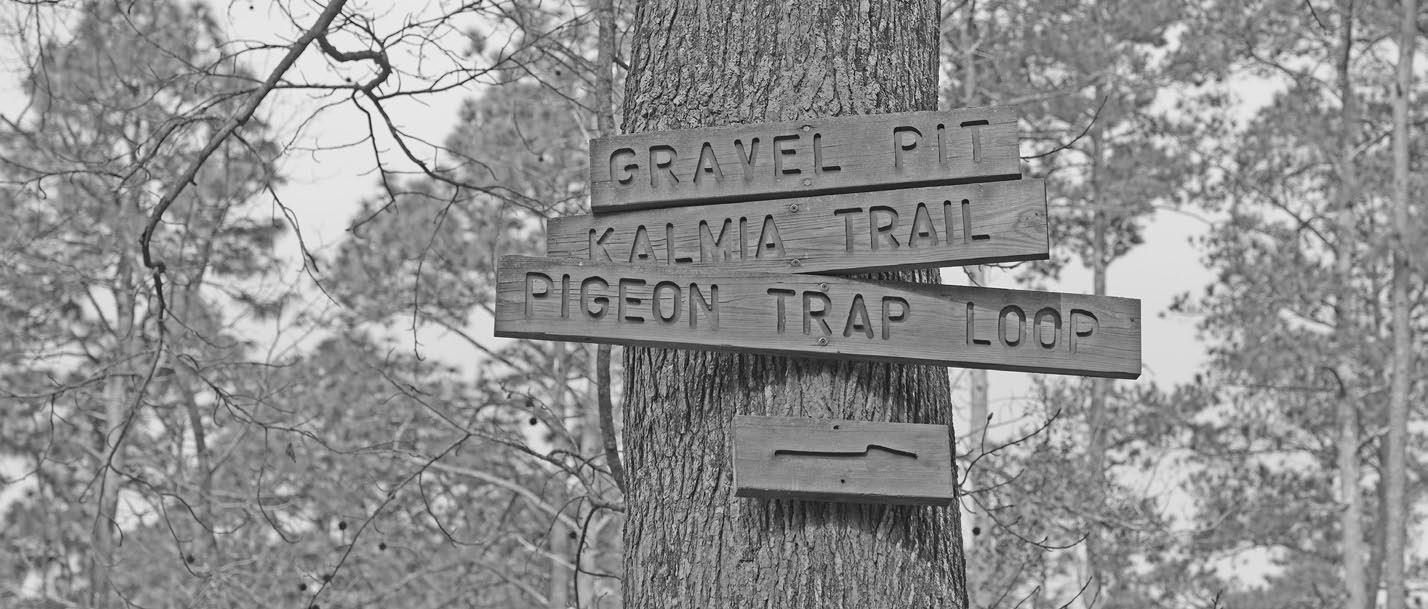Resources For Horsemen Preparing for Troubled Times By Pam Gleason
T
he global pandemic caused by the COVID-19 virus is upending plans and businesses everywhere. There are at least two looming disasters: the health crisis caused by the virus itself, and the economic crisis caused by the global shutdown of businesses. While some parts of the country are already feeling the effects of both of these things, right now in South Carolina, where the virus has not yet reached unbearable levels, the economic crisis is the most pressing problem. Depending on how well our area prepares, we may or may not be able to avert a full blown health disaster. The virus is currently spreading throughout the Central Savannah River Area, and it is projected to reach peak levels here sometime in the month of April. Things are likely to get worse before they get better, in health and in economics. Many horsemen will find themselves in need of help, whether from funding to keep a horse business afloat, from temporary assistance to continue to feed their horses, or from extra help caring for animals in case their owner is incapacitated. Fortunately, there are some new resources available, including various components of the massive CARE Act passed by Congress in March. There are also private grants and loans specifically designed for horsemen. Finally, there are many places to find information about preparing for health and economic crises, with more resources being added every day.
April-May 2020
Biosecurity
The first thing a horseperson can do is to help contain the virus itself by adhering to CDC guidelines on sanitation and social distancing. Many horse people are already introverts, and for those who have their horses at home, being asked to stay there and not go out and not come near anyone is more a relief than a burden. However, those who keep their horses at boarding stables and those who make a living dealing with the public in the horse industry don’t have the luxury of enjoying this kind of officially sanctioned solitude. Many horse people have never thought about biosecurity issues before, so this is an excellent time to learn something new. The first piece of good news is that, as far as anyone knows, horses cannot catch COVID-19, nor are they vectors of the disease, likely to spread it to their owners or other animals. This is a new disease of course, and information could come in that will contradict this assertion. After all, when the virus first hit our shores, experts assured the public that dogs and cats could not suffer from it either, but that has proven not to be true – at least a few cats, two dogs, a tiger and several zoo animals have tested positive as of this writing, presumably infected by their owners and caretakers. There is indeed an equine corona virus that causes gastrointestinal issues in horses, but the equine virus is not the same as the one that is behind the COVID-19 pandemic, and there is currently no reason to worry about new horse health issues.
The Aiken Horse
9










